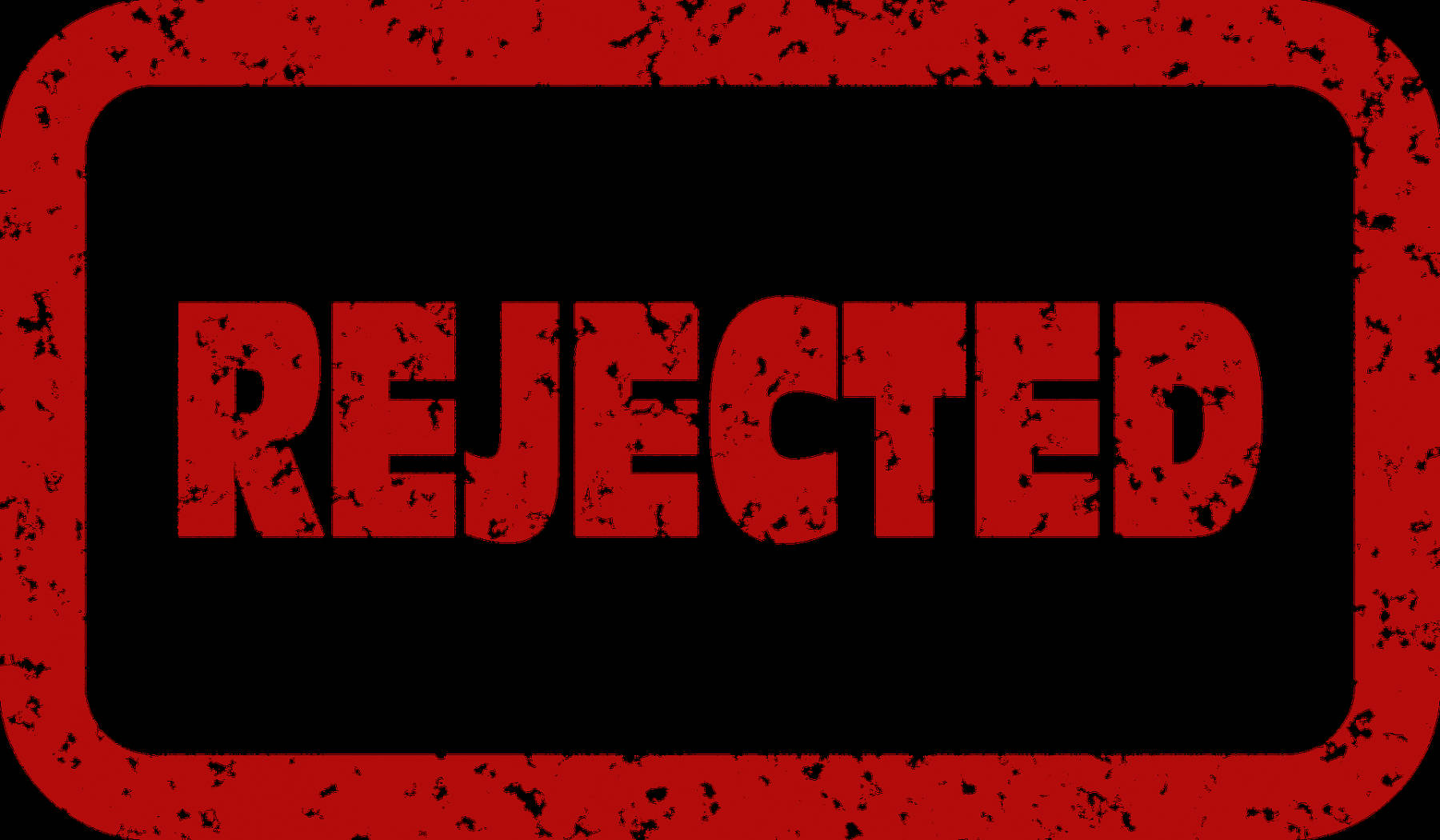How to Recover After Being Let Go
Being let go sound so much better than being fired, doesn’t it? Fired sounds like it is somehow all our fault, that we did something terrible and deserve to be dismissed. When the reality is that sometimes these things are not in anyone’s control and there are many different reasons why that dismissal letter lands up on our desk instead of our colleague’s. Even if our boss appears terribly apologetic and we can blame Covid for it all, it still feels awful to receive the news that we are being let go from our job. In today’s blog post therapist Teyhou Smyth looks at what we can do to recover from a job loss and come out stronger than before. As so many people face this difficult reality during this pandemic season, it is good to remember that we are not alone in this; and to talk to somebody about what we are going through.
 Remember that show, The Apprentice? You know, the show where one contestant was fired each week until a single person remained and got the major promotion? That show was a guilty pleasure for many of us back in the day. It was mindless entertainment. We made predictions about who would be the next to be canned and laughed at the ruthlessness of the competitors.
Remember that show, The Apprentice? You know, the show where one contestant was fired each week until a single person remained and got the major promotion? That show was a guilty pleasure for many of us back in the day. It was mindless entertainment. We made predictions about who would be the next to be canned and laughed at the ruthlessness of the competitors.
Remember that deer-in-the-headlights expression that the competitors had when it became clear that the conversation was heading toward their dismissal? For those of us who have lost a job, this familiar expression captures the panic and dread inherent with the firing experience.
How Being Let Go Affects Us
Being let go can send our emotions into a tailspin. So much of ourselves are tied into our career and being let go feels like a significant loss. Grief reactions and feelings of depression are common for those who lose their job, even when the dismissal is not a surprise. Rates of depression increase significantly the longer one remains unemployed after being let go.
Aside from the obvious loss of income, other detrimental impacts include loss of identity, daily structure and connections with co-workers.
Whether it is a job we loved or a job we merely tolerated, being let go feels terrible. It feels like a personal affront, a giant rejection. In 2020, being let go can mean even greater strife, as the job market is plummeting due to Covid-19. Being let go isn’t the end of the road though, and we can recover if we are diligent in our self-care and maintain a focus on the future.
What are the Steps to Recover from a Job Loss
While there is no easy path to recovery from being dismissed, there are some meaningful actions that can help shift your focus and move you toward empowerment.
Pay attention to the feels:
It may be tempting to bury your head in a million distractions after being dismissed. While there is definitely a place for that, try not to let that become your main priority.
Notice the way you feel emotionally and physically and attend to your needs accordingly. Need to cry? Do it. Need to vent to a friend? Send an IM. Need to take a nap? Go to bed for an hour. Just don’t get stuck in any one place, as this can cause emotional stagnancy and avoidance.
Give yourself permission to rest:
It is ok to take a few weeks off before jumping into the job search again if it is financially feasible to do so.
You may need time to let the emotional wounds scab over before putting yourself back on the market. No, you are not being lazy, you are taking care of yourself now so that when you do return to the workplace you are ready.
Create some structure:
Keep a routine for your day to stay in the habit of feeling purposeful, which will help keep depression symptoms at bay. Try to keep a bedtime/wake up schedule that is consistent. Develop chunks of time in your day for exercise, errands and tasks, creativity, work searches, socialisation, and entertainment.
Update your info:
Think of your time between jobs as a moment to thoroughly update your C.V., skills and strengths list, and references. Consider adding additional soft skills to your C.V., other than just the obvious training and work gigs you’ve had.
Are you good at staying calm and efficient during difficult moments? Add those character traits to your personal strengths list. Wouldn’t you want to hire a person who isn’t easily rattled when difficulties arise? What would your co-workers have said are your strengths on the job?
Try not to obsess:
Obsessing on job searches and applying for every opening you see may feel productive in the moment, but be aware of the implications it can have on your emotional state. Holding out for jobs that meet your skills and interest will benefit you in the long run, even if it means being more selective in the application process.
Eventually, the emotional impact of losing a job diminishes, but active participation in the recovery process can make a huge difference in how you feel about it and what you take away from the experience.
[This blog post originally appeared on Teyhou’s website www.livingwithfinesse.com ~ some content may have been modified for the UK/Irish context.]
